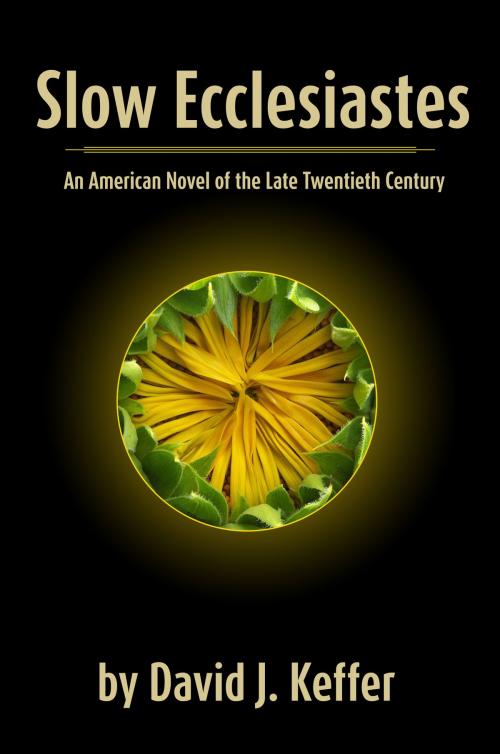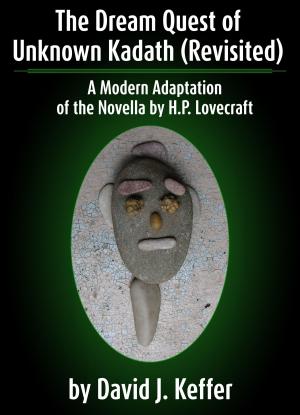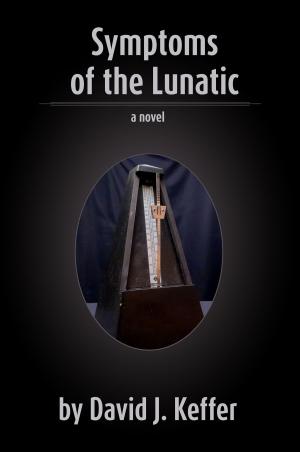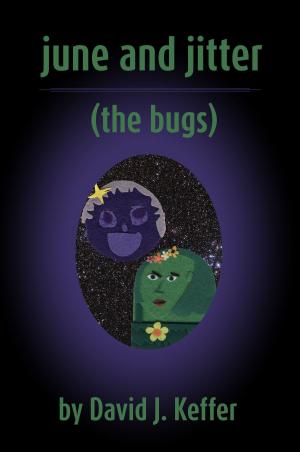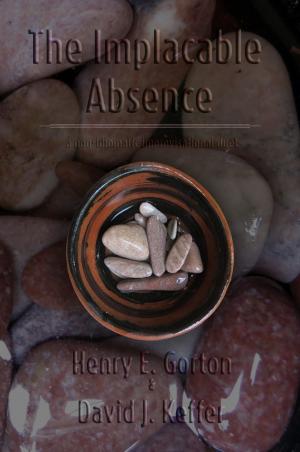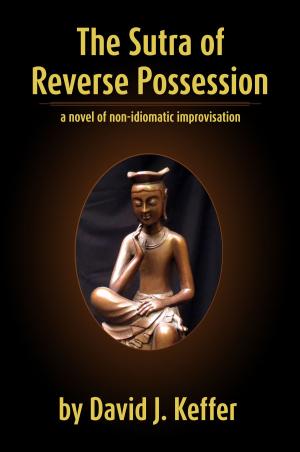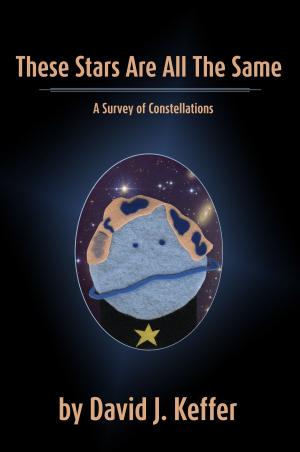| Author: | David Keffer | ISBN: | 9781301540945 |
| Publisher: | David Keffer | Publication: | October 18, 2012 |
| Imprint: | Smashwords Edition | Language: | English |
| Author: | David Keffer |
| ISBN: | 9781301540945 |
| Publisher: | David Keffer |
| Publication: | October 18, 2012 |
| Imprint: | Smashwords Edition |
| Language: | English |
The Poison Pie Publishing House presents "Slow Ecclesiastes", a sprawling novel of America at the end of the twentieth century. Written from 1997-1999, "Slow Ecclesiastes" is unapologetically a monstrous psychological drama in the grand tradition of Fyodor Dostoyevsky. An extended cast of characters--mothers, sons, convicts, homosexuals, aesthetes, uncles, nieces, housekeepers--are embroiled in a skein of interwoven stories that knot together in a tangled mass, from which something other than heroism is required to escape.
"Slow Ecclesiastes", an American novel of the late twentieth century, begins by following three separate groups of people. First, Percy Riley is released from prison and returns to Kansas City, where he is welcomed by his mother and his friend and former fellow soldier, Alton. Between his mother's constant evangelism and Alton's nihilism, Percy finds solace in a return to crime. The second group is composed of an uncle, Maurice, and his charge, an orphaned niece, Lucy, living in Houston. Previously a confirmed bachelor, Maurice is overwhelmed by the challenges of raising Lucy alone. He hires help who, as the story unfolds, so thoroughly disapproves of the uncle's lackadaisical approach, that she instigates a sequence of events that may lead to the family's dissolution. The third and final group involves an aesthete, holed up in the woods of East Tennessee. By strange circumstances, he has secured an acolyte, a young boy, in whom he wishes to cultivate a superior appreciation,
though both the aesthete's aptitude to teach such a subject as well as the boy's willingness to learn are both in question.
As "Slow Ecclesiastes" progresses these three distinct threads are gradually braided into an single, epic tale, which through knots and tangles, eventually unravels and is discarded in the great rubbish heap of humanity at the end of the twentieth century.
The Poison Pie Publishing House presents "Slow Ecclesiastes", a sprawling novel of America at the end of the twentieth century. Written from 1997-1999, "Slow Ecclesiastes" is unapologetically a monstrous psychological drama in the grand tradition of Fyodor Dostoyevsky. An extended cast of characters--mothers, sons, convicts, homosexuals, aesthetes, uncles, nieces, housekeepers--are embroiled in a skein of interwoven stories that knot together in a tangled mass, from which something other than heroism is required to escape.
"Slow Ecclesiastes", an American novel of the late twentieth century, begins by following three separate groups of people. First, Percy Riley is released from prison and returns to Kansas City, where he is welcomed by his mother and his friend and former fellow soldier, Alton. Between his mother's constant evangelism and Alton's nihilism, Percy finds solace in a return to crime. The second group is composed of an uncle, Maurice, and his charge, an orphaned niece, Lucy, living in Houston. Previously a confirmed bachelor, Maurice is overwhelmed by the challenges of raising Lucy alone. He hires help who, as the story unfolds, so thoroughly disapproves of the uncle's lackadaisical approach, that she instigates a sequence of events that may lead to the family's dissolution. The third and final group involves an aesthete, holed up in the woods of East Tennessee. By strange circumstances, he has secured an acolyte, a young boy, in whom he wishes to cultivate a superior appreciation,
though both the aesthete's aptitude to teach such a subject as well as the boy's willingness to learn are both in question.
As "Slow Ecclesiastes" progresses these three distinct threads are gradually braided into an single, epic tale, which through knots and tangles, eventually unravels and is discarded in the great rubbish heap of humanity at the end of the twentieth century.
